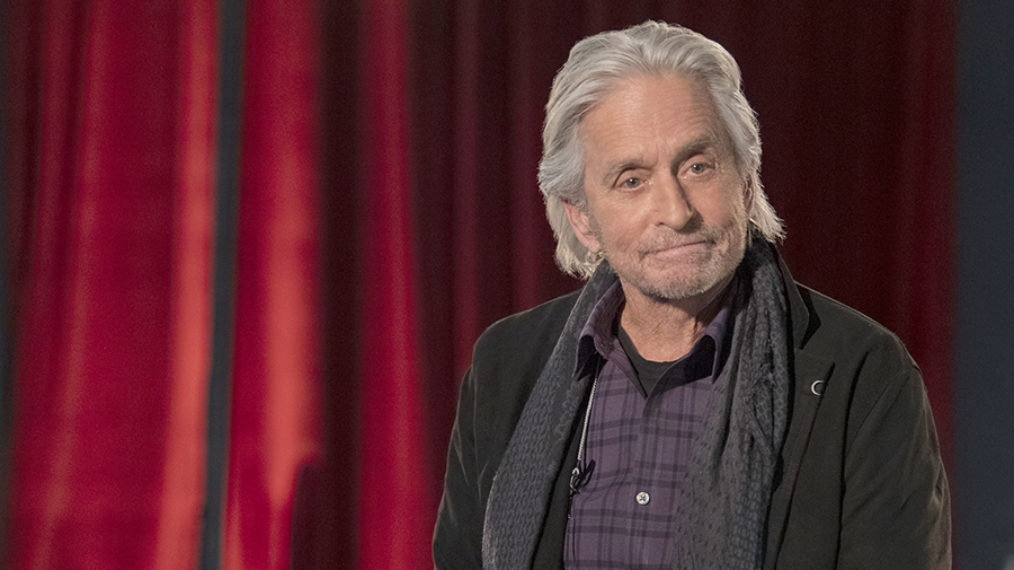#‘Kiss the Future’ Review: Stirring Doc Depicts How U2 Inspired War-Torn Sarajevo

Table of Contents
‘Kiss the Future’ Review: Stirring Doc Depicts How U2 Inspired War-Torn Sarajevo
The ongoing war in Ukraine adds a timely resonance to Nenad Cicin-Sain’s documentary about the underground art and music movement that sprung up in Sarajevo during the 1990s Bosnian War. Not that it was needed, since Kiss the Future would have the same power anytime in a world perpetually marked by armed conflict. This moving and inspirational film premiering at the Berlin Film Festival also boasts a commercial hook in the form of the band U2, who figure prominently in the proceedings via both archival footage and contemporary interviews with members Bono, The Edge and Larry Clayton.
Based on the 2004 memoir Fools Rush In by Bill S. Carter, who also wrote the screenplay and provides frequent onscreen commentary, the film revolves around the nearly four-years-long Siege of Sarajevo by the Bosnian Serbs. As a result, its inhabitants were essentially trapped, including many young people who were intent on reaffirming their independent spirit despite the dangers involved.
Kiss the Future
The Bottom Line
A touching reminder of music’s ability to change the world.
“The audiences were literally risking their lives to attend shows,” recalls one of the many musicians who gave concerts in the underground clubs and discos that sprung up during the conflict. “It was real therapy for us,” another comments. We hear the story of a drummer whose hand was blown off by an explosion while on his way to a gig, and see a photo of him later playing joyfully with his drum stick duct-taped to his arm. Many of the musicians cite The Clash as a touchstone and inspiration for the politically and socially conscious music they wanted to create.
At the time, Carter was a young writer and photographer still grieving the recent death of his girlfriend. He journeyed to Sarajevo and got involved with Sarajevo TV, and soon became intent on securing an interview with one of his musical heroes, Bono, who was intensely concerned with what was going on there. He eventually secured an on-camera interview, conducted during one of the band’s European shows, during which he tried to persuade Bono to play a show in Sarajevo.
We see several minutes of excerpts from the interview, the most priceless moment of which comes when Bono literally shudders when Carter tells him that the young people there love not only rock and roll but also disco.
The ever socially-conscious musician tried to get his bandmates to agree to play there, but they were understandably reluctant. “Uh, isn’t there a war going on there?” The Edge recalls asking. Instead, they arranged live video hook-ups with Sarajevo TV during their hugely successful Zoo TV tour, which featured giant video screens. The documentary includes footage from several of those shows in which Bono spoke directly to Carter and various guests in front of thousands of concertgoers.
“We gave them a serious dose of uneditorialized reality in the middle of our show,” The Edge points out.
Unfortunately, the encounters weren’t always particularly illuminating, with several of Carter’s guests taking the opportunity to send personal messages to wives and girlfriends. “It started to look a little bit like reality TV, using people’s pain and anguish for entertainment,” says Bono, who eventually stopped the practice.
Nonetheless, the band remained intensely involved in the cause, composing the classic “Miss Sarajevo” song with Brian Eno that was inspired by a guerrilla Sarajevo beauty pageant whose contestants displayed a large banner with the phrase “Don’t Let Them Kill Us.” When the siege was eventually lifted as a result of the Dayton Peace Accords, the band made plans to perform in the bombed-out city.
Footage from the ensuing 1997 concert, performed in front of roughly 45,000 fans, forms the emotional high point of the documentary. Bono’s nerves were at such a fever pitch that his voice gave out, but the audience happily took up the vocal slack with exuberant sing-alongs.
“The war ended the moment Bono came onstage,” recalls one audience member. It was the largest gathering in the city since the war had begun, and we see many of the concertgoers become overcome with emotion while watching footage of the show that took place more than 25 years ago.
The film’s final moments feature a montage of recent scenes of war, unrest and authoritarian rule throughout the world. It provides a somber reminder that a story such as this is likely to be repeated again and again.
If you liked the article, do not forget to share it with your friends. Follow us on Google News too, click on the star and choose us from your favorites.
For forums sites go to Forum.BuradaBiliyorum.Com
If you want to read more Like this articles, you can visit our Social Media category.


